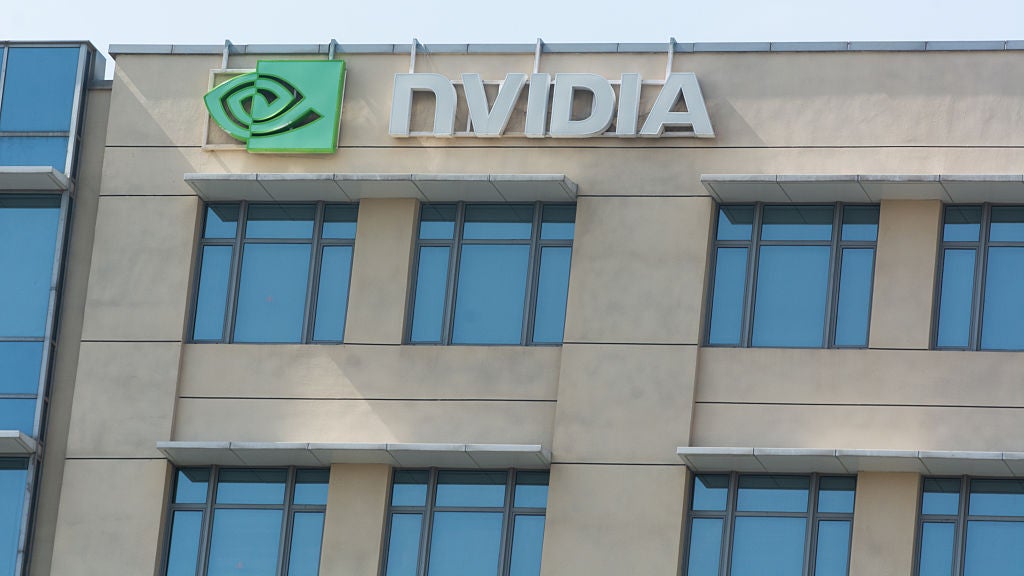NVIDIA is set to resume sales of its H20 chips to China after announcing that the “US Government has assured Nvidia that licences will be granted,” through a company blog post on Monday (14 July).
The policy change represents a reversal from US President Donald Trump’s decision in April to block H20 chip sales to China without a US permit.
Nvidia designed the H20 chips to comply with earlier export restrictions imposed by former US President Joe Biden. These restrictions were aimed at limiting Beijing’s development of AI in the military, a goal that has been mostly shared by the Trump administration.
The change represents a major win for Nvidia and CEO Jensen Huang, who has called US semiconductor export bans to China a “failure” and has said that his company has walked away from $15bn of sales due to these policies. Nvidia, which was already the most valuable company in the world, recently became the first public company to reach a $4tn valuation.
As the US and China continue tariff negotiations, export curbs have been central in talks. While there are not many details about the May truce that eased the tit-for-tat tariff escalation between the two countries, which saw rates reach 145%, both countries have made concessions.
In the past few weeks, the US has agreed to lift some export controls, including for chip design software, and China will allow more sales of rare-earth minerals, which are necessary to produce a wide range of tech products.
Huang, who met with Trump last week, is currently in China at a government-sponsored conference. He appeared on Chinese state broadcaster CCTV shortly after Nvidia announced the decision, saying that the company had obtained approval to resume sales.
“Nvidia to resume H20 AI chips sales in China after policy U-turn” was originally created and published by Investment Monitor, a GlobalData owned brand.
The information on this site has been included in good faith for general informational purposes only. It is not intended to amount to advice on which you should rely, and we give no representation, warranty or guarantee, whether express or implied as to its accuracy or completeness. You must obtain professional or specialist advice before taking, or refraining from, any action on the basis of the content on our site.

